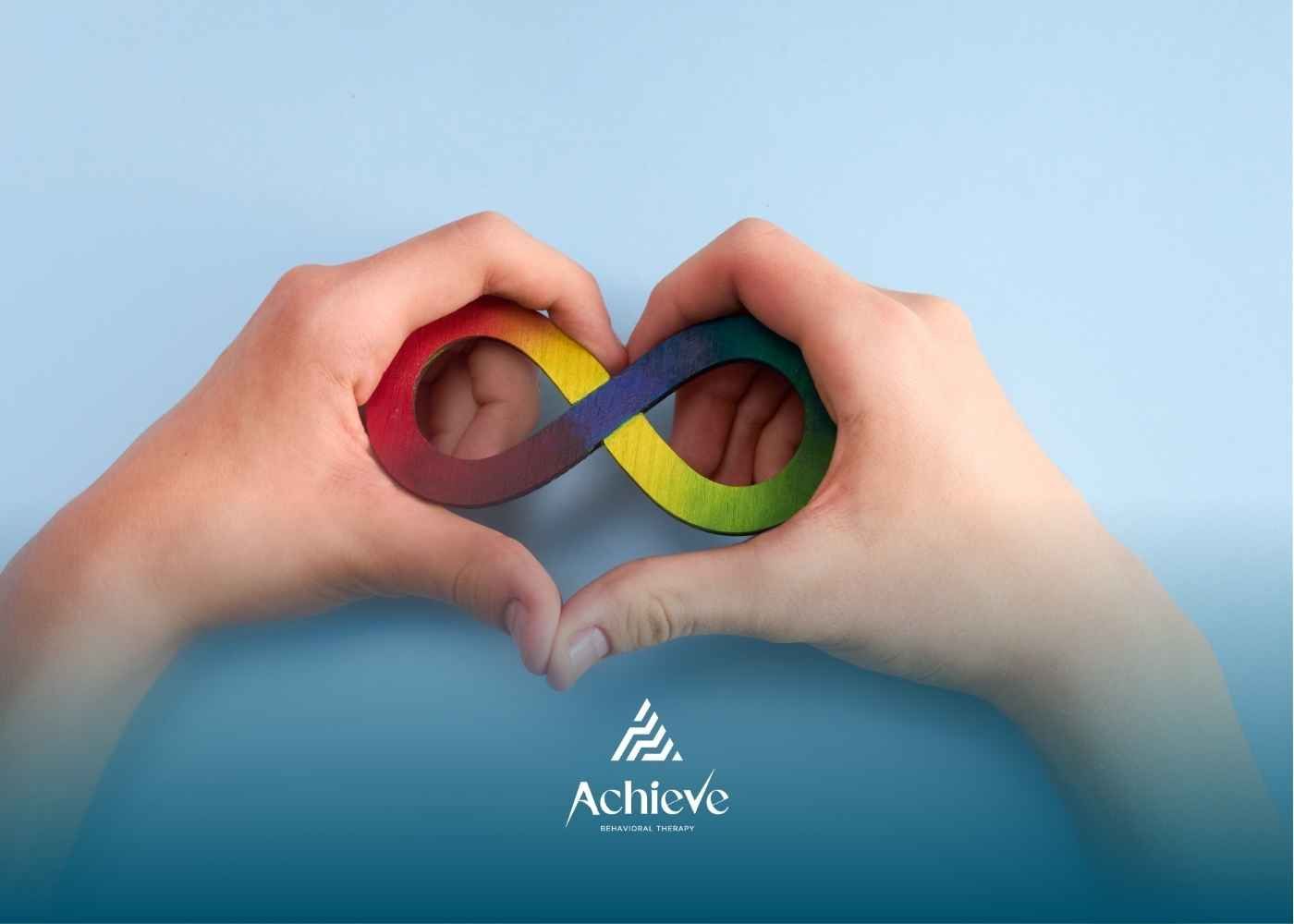Is Autism a Mental Illness or a Developmental Disorder? Understanding the Difference

Autism Spectrum Disorder (ASD) is classified as a developmental disorder, not a mental illness. It affects how a person communicates, interacts socially, and processes sensory information. Autism is typically diagnosed in early childhood and is considered a lifelong condition that influences a person’s development from a young age.
Unlike mental illnesses—which often develop later in life and can sometimes be temporary or treated with medication—autism is a neurodevelopmental condition, meaning it affects brain development and how a person learns and behaves from an early age. While individuals with autism can also experience mental health challenges like anxiety or depression, autism itself is not a mental illness.
Understanding this distinction is important for families seeking the right kind of support. Treatments for autism focus on building communication, social, and life skills—often through
Applied Behavior Analysis (ABA) and other developmental therapies.
At Achieve Behavioral Therapy, we specialize in supporting individuals with autism through personalized, evidence-based care that promotes independence, confidence, and lifelong growth.
Frequently Asked Questions
Is autism a mental illness?
No, autism is a developmental disorder.
What kind of disorder is autism?
Autism is a neurodevelopmental disorder that affects brain development.
How is autism different from mental illness?
Mental illnesses often develop later and may respond to medication; autism is lifelong and developmental.
Can someone have both autism and a mental illness?
Yes, individuals with autism can also experience anxiety, depression, or other mental health conditions.
Need Support?
We're Here to Help!
Our experienced team is ready to assist you. Reach out today to discuss how we can support your child's development and well-being.
Get started with expert ABA therapy today.












